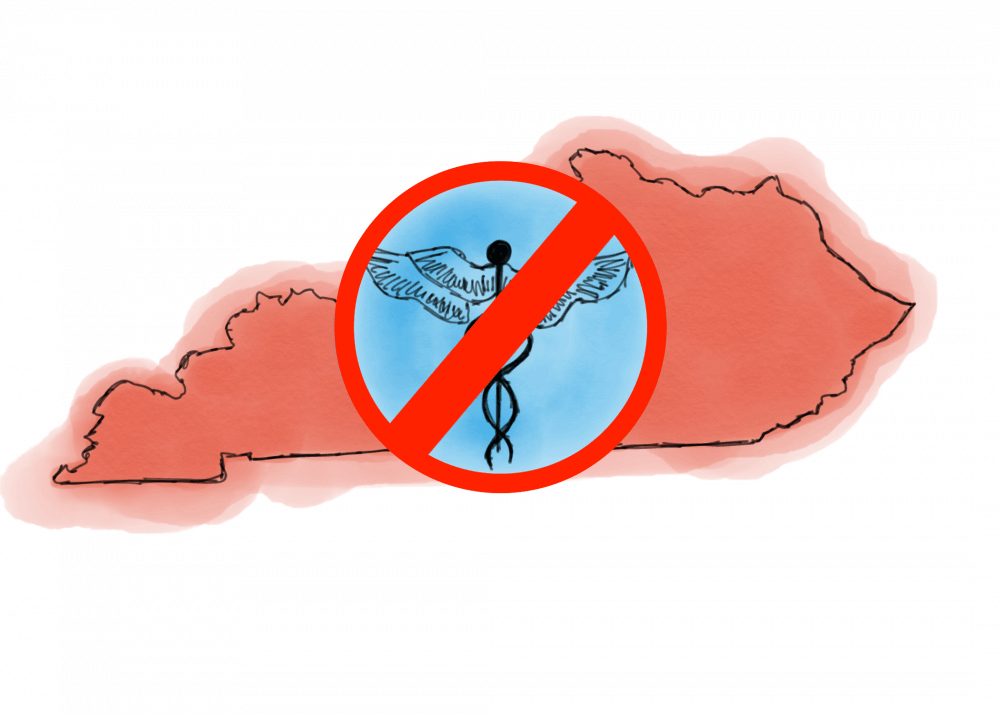As if the national healthcare issue wasn’t complicated enough, Kentucky recently decided to add to the confusion.
Kentucky’s branch of Medicaid is looking to require a “financial or health literacy course” as an alternative to completing work requirements for health insurance. It seems at first glance that Kentucky is making things easier for their applicants, if you are in the position to assume everyone would pass a literacy course.
If you are among those who believe this program is more damning than beneficial, then you will understand why we, the Editorial Board, are concerned for the success of this program.
WalletHub, a company that provides free credit scores and credit reports, conducted a study on the best and worst educated states in the country as of 2017. Kentucky was ranked 45 out of 50. This ranking was calculated by comparing the number of adults over the age of 25 with high school diplomas, associate's degrees, bachelor's degrees and graduate degrees in the state, or some experience at any of these levels of education. Kentucky’s score showed 22.98 percent of the state population fell into one of these categories.
In 2000, the Legislative Research Commission in Kentucky researched adult literacy in the state. In the foreword of this study, Robert Sherman, Director of the Legislative Research Commission, says the low levels of literacy and education among adults in Kentucky has greatly affected the ability to integrate and contribute to the state community. It refers to adult illiteracy as a fundamental barrier to many positive changes in Kentucky, including improving the health of Kentucky’s communities.
A literacy course isn’t the only change Kentucky has made to their Medicaid program. On Jan. 12, the state began a five-year trial program to mandate all able-bodied individuals on Medicaid to seek work in one way or another. The options include going to work, going to school, volunteering or otherwise engage in their communities for 80 hours each month.
Matt Bevin, the Republican governor who passed the bill, said his father taught him that people should not take something they have not earned.
While this may help people get off federal healthcare, we are not optimistic that it will help all 1.3 million Medicaid recipients in Kentucky.
Kentucky will be the first state to implement both of these requirements in healthcare, and unfortunately, they are not the only state to do so. Indiana has become the second state to add work requirements for Medicaid.
Since the mandate for working was added to the program, 15 citizens have filed a lawsuit against Kentucky Medicaid. The complaint was filed by the National Health Law Program, the Kentucky Equal Justice Center and the Southern Poverty Law Center on behalf of 15 citizens who would be negatively affected by this amendment. These citizens include college students, a custodian and a pastor, and many of these people have health problems. There are patients on Medicaid who are disabled, need cancer treatment and have other situations that would make working impossible or incredibly difficult.




